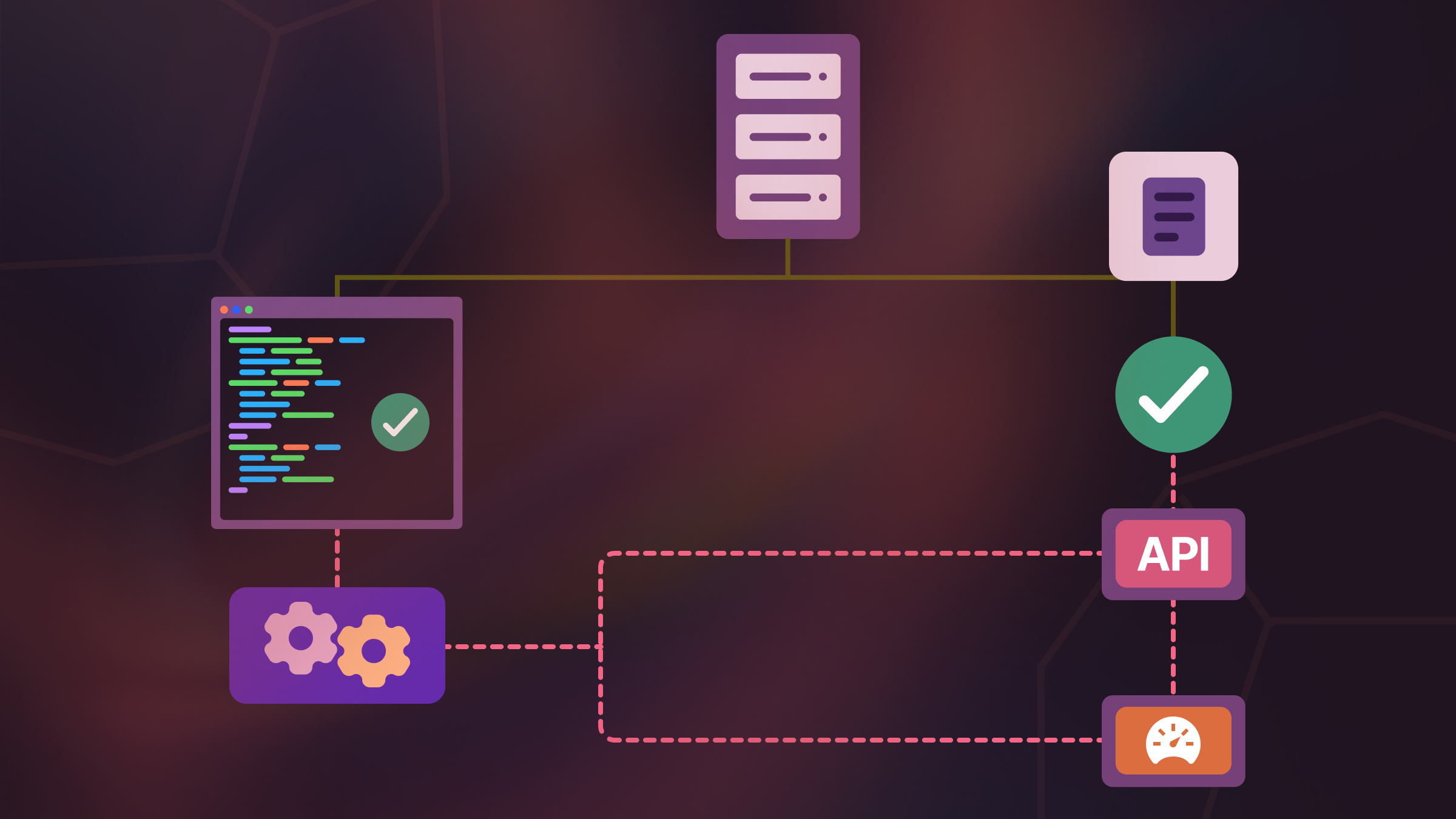How MCP Servers Help Engineering Teams Onboard Faster and Work Smarter
In our last post, we introduced the concept of MCP servers—Model–Code–Prompt infrastructure that connects your codebase, documentation, and internal APIs to LLMs like Copilot or Claude. Today, we're going deeper on a specific use case: how MCP servers transform the way engineering teams onboard and operate.
The Problem: Onboarding Developers Is Still Slow and Manual
When a new engineer joins your team, the ramp-up process usually looks like this:
- Find the right documents (if they exist)
- Read outdated READMEs
- Ask lots of questions in Slack
- Reverse-engineer functionality by browsing the codebase
- Wait for a senior dev to be free
This isn’t just inefficient—it’s expensive. Time spent learning instead of building delays delivery and eats up team bandwidth. Plus, knowledge often lives in people’s heads, making your organization dependent on tribal memory.
The MCP Advantage: Real-Time Answers From Your Code and Docs
With an MCP server in place, new hires don’t have to ping teammates for every answer. Instead, they can ask:
- "What does the handleCheckout() function do in the CartController?"
- "Where is the email verification logic handled?"
- "What are the steps in the user registration flow?"
…and get real answers, powered by your own codebase and internal docs, securely served to their LLM interface (like Claude or Copilot).
This dramatically reduces time-to-productivity and makes your onboarding process:
- Faster – Engineers get unstuck without waiting for help
- Consistent – Everyone gets the same, accurate answers
- Scalable – Senior engineers aren't bottlenecks
Ongoing Benefits: A Smarter, More Autonomous Team
But onboarding is just the start. With an MCP server in place, your entire dev team benefits from:
- Easier debugging and code tracing
- Less context-switching to find information
- Faster prototyping using real API knowledge
- Clearer architecture understanding
Think of it as an internal DevRel engineer available 24/7—without needing to write new documentation.
Built for Real-World Teams
At 10 Grounds, we’ve seen firsthand how MCP infrastructure helps teams:
- Ship faster by reducing cognitive load
- Avoid duplication by making past work discoverable
- Improve retention by making devs feel empowered, not frustrated
If you’re already using LLMs like ChatGPT or Copilot, you’re halfway there. An MCP server is what connects the dots between your tools and your internal knowledge.
Want to Learn More?
Explore how our software development services can help you build and deploy MCP servers tailored to your stack.
Next up in this series: how MCP servers revolutionize API and service documentation for third-party developers.



